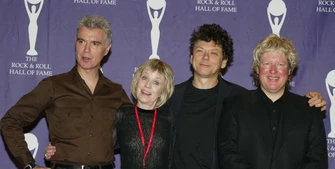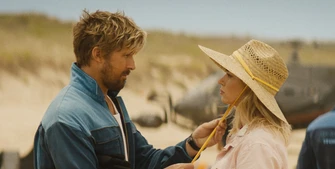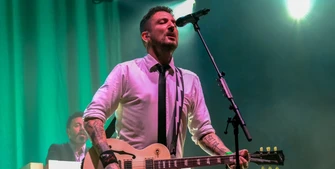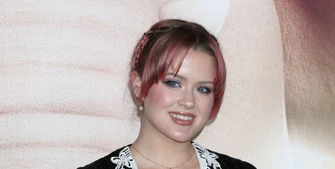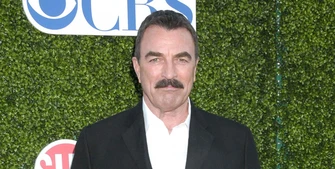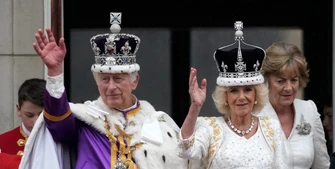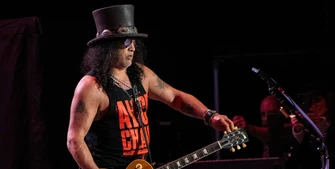Elon Musk says Unabomber’s notorious manifesto warning of tech dangers ‘might not be wrong’
After the terrorist’s death at the weekend, Elon Musk says the Unabomber’s notorious manifesto warning about the dangers of technology “might not be wrong”.
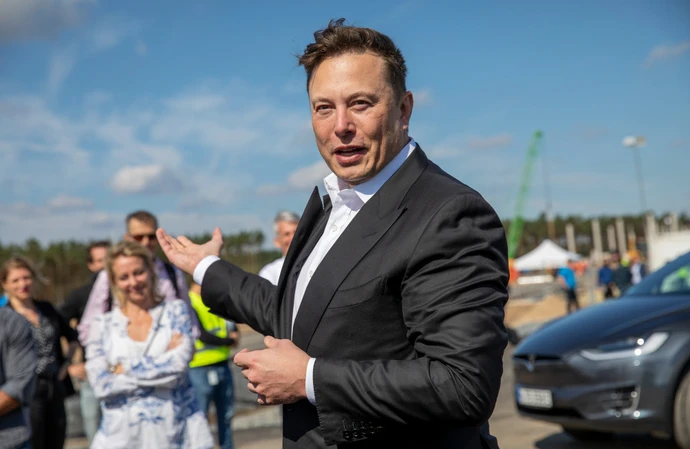
Elon Musk says the Unabomber’s notorious manifesto warning about the dangers of technology “might not be wrong”.
The Twitter owner, 51, spoke out after murderer Ted Kaczynski died at the weekend by suicide in his supermax prison cell at the age of 81 after nearly three decades behind bars.
On Saturday, author Ashley St Clair tweeted a quote from Kaczynski’s manifesto alongside an article about his death – prompting Elon to reply online: “He might not be wrong.”
Harvard-educated domestic terrorist Kaczynski abandoned his academic career in 1969 to pursue a primitive lifestyle, and in 1978 launched a 17-year anti-tech attack – mailing 16 homemade bombs to people he believed were destroying the environment by creating a more technically advanced society.
By 1995, he had murdered three people and injured 23 more and became the most prolific bomber in American history.
His 35,000-word manifesto was titled ‘Industrial Society and its Future’ and he used it to claim: “The Industrial Revolution and its consequences have been a disaster for the human race.”
Despite Elon’s company Neuralink gaining approval to begin human trials for brain implants, he has joined calls from the world’s tech leaders calling for caution in development of artificial intelligence.
Along with Apple co-founder Steve Wozniak and 1,000 other tech leaders, the Tesla billionaire signed an open letter demanding a six-month pause on the “dangerous race” to develop AI to allow for more assessments to be made on its risks to humanity.
Elon’s mind-chip is being designed to help disabled and healthy people cure a range of conditions, including obesity, autism, depression and schizophrenia, while also allowing for web browsing and telepathy.
The dad-of-ten, who nought Twitter for $43 billion in October, has also vowed to land people on Mars within the next five to 10 years using his starship.

